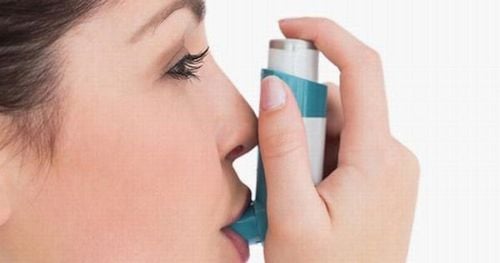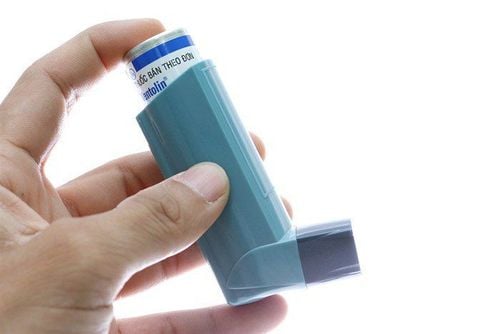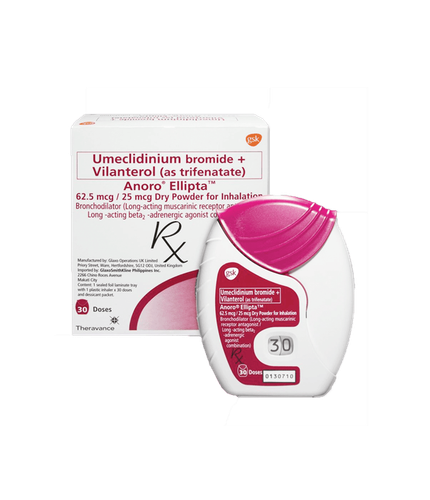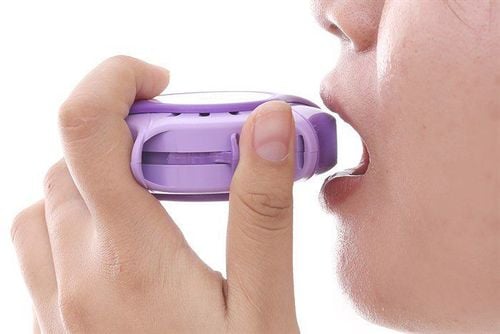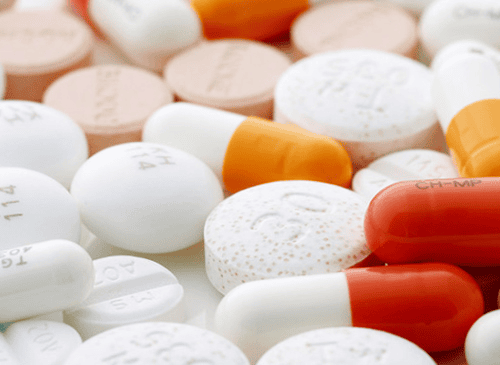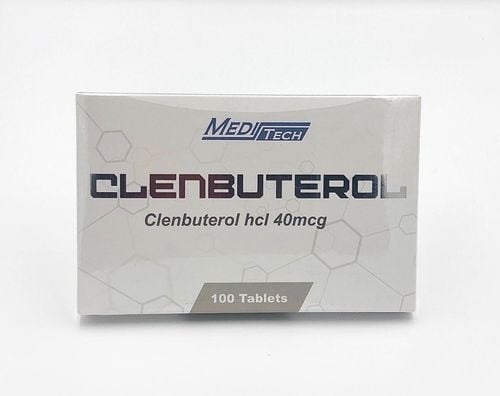This is an automatically translated article.
The article was written by Pharmacist Bui Thi Thanh Ha - Faculty of Pharmacy - Vinmec Times City International HospitalIn the treatment of asthma, in addition to bronchodilators that help patients stop asthma attacks immediately, there are also drugs that help prevent and reduce the frequency of acute asthma attacks.
1. What is preventive medicine in the treatment of asthma?
Asthma prophylactic drugs contain corticosteroids, which have strong anti-inflammatory effects. Although the drug does not work to help patients breathe easily when there is an acute shortness of breath, regular use of the drug plays an extremely important role in the treatment of bronchial asthma because:
Drugs inhibit inflammation and edema congestion in the airways, helping to prevent asthma attacks, reducing the frequency of acute asthma attacks. When taken regularly and with the correct technique, it makes the airways less sensitive to allergens. This means that the patient will be less likely to react (acute asthma attack) even when exposed to triggers that can cause asthma attacks for the patient. During an acute asthma attack, the drug reduces airway edema, allowing bronchodilators to reach the airways and work.
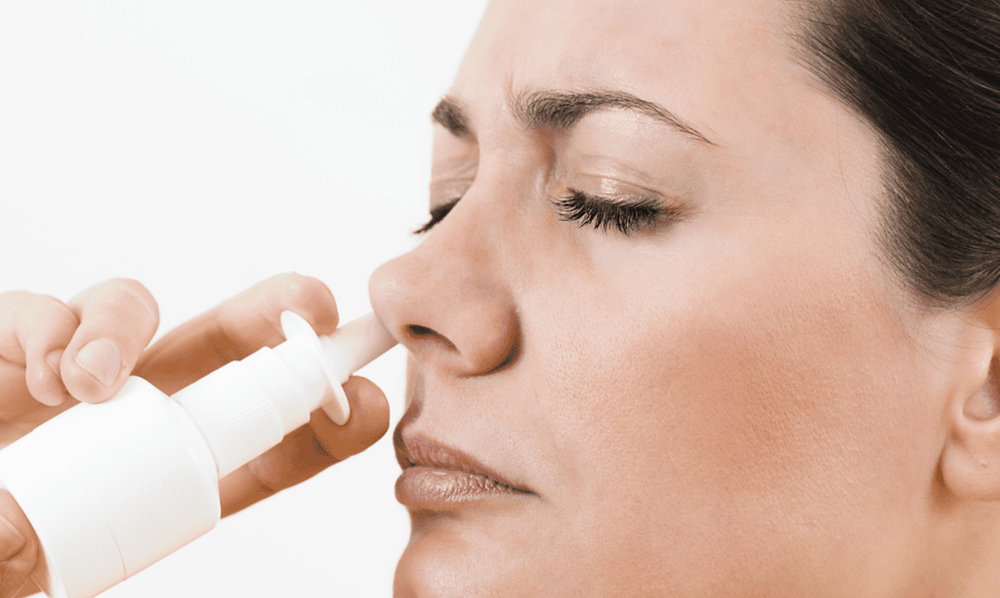
2. What medications are available to prevent asthma?
There are many types of asthma prevention drugs on the market. Although all asthma medications contain corticosteroids, they vary in corticosteroid type, strength and weakness, combination bronchodilator, and inhaler to deliver medication into the airways. Some of the main inhalers are generally divided into 2 main categories:
metered dose inhalers (eg Flixotide ® metered dose inhalers): deliver medication into the airways by spraying directly into the mouth. With this type, the patient should use it with a spacer for the best effect. Dry powder inhaler (eg Seretide® accuhaler, Symbicort® turbuhaler): the patient needs to inhale strongly to inhale the powdered medicine into the mouth.
3. Benefits of using asthma preventive medicine
Asthma preventatives don't make you feel better right away. But when you use your asthma preventive medicine regularly every day as directed by your doctor and have good inhaler technique, you will soon notice changes in your pathology. For example, you may notice:
You are less sensitive to triggers that used to cause asthma attacks like cigarette smoke, colds, flu... because your airways are now less sensitive. You feel more active You can exercise more easily You can sleep better, don't wake up with shortness of breath, don't have a cough at night The number of times you need to use your asthma reliever decreases

4. How to use asthma preventive medicine?
To get the best asthma protection, you need to do the following:
Go to your doctor regularly and on time : Many people with asthma need to use asthma preventive medicine. Talk to your doctor about whether you need preventive medicine and he or she will choose the right medicine for you. Depending on how well you control your asthma, your doctor may change the type of preventive medicine you need to use. Build a habit of taking medicine regularly and on time: Take your medicine even if you feel well, without any symptoms of asthma. This is very important, because the protective effect of the drug takes time to take effect. If you stop taking the drug for several days in a row, the protective effect wears off. To achieve the best protection effect. Correct use of medication: correct inhaler technique is a very important factor for the medicine to get to the place where it needs to work (airway) without having to stay in the mouth causing side effects. Talk to your pharmacist each time you buy a medicine for advice on how to use the inhaler properly.
5. Are there any side effects of the asthma preventive medicine?
Asthma prophylaxis is generally safe and easy to use for the vast majority of people. Some possible side effects include: hoarseness, oral thrush. These side effects are mainly due to the patient's incorrect inhalation technique, which causes the drug to stay in the mouth and throat without entering the airways. To avoid the above side effects, you can:
Use a spacer with a metered dose inhaler Use the correct technique. talk to your pharmacist for more advice Always rinse your mouth clean and spit it out after using the medicine.

6. Do I need to use reliever medication anymore?
Even if you are very good at using your asthma preventive medicine, you still need to have your reliever medicine ready at all times because if an acute asthma attack occurs, the preventive medicine will not play a role in helping you to breathe. immediately as a reliever. The exception is, if you have been prescribed Symbicort® by your doctor to prevent asthma, ask your doctor if you can also take Symbicort as an asthma reliever.
Note: If you need your reliever spray more than 3 times a week, it could be a sign that your asthma is not well controlled. You should see your doctor right away to reassess your asthma. It's possible that your asthma medication will need to be changed.
Please dial HOTLINE for more information or register for an appointment HERE. Download MyVinmec app to make appointments faster and to manage your bookings easily.





